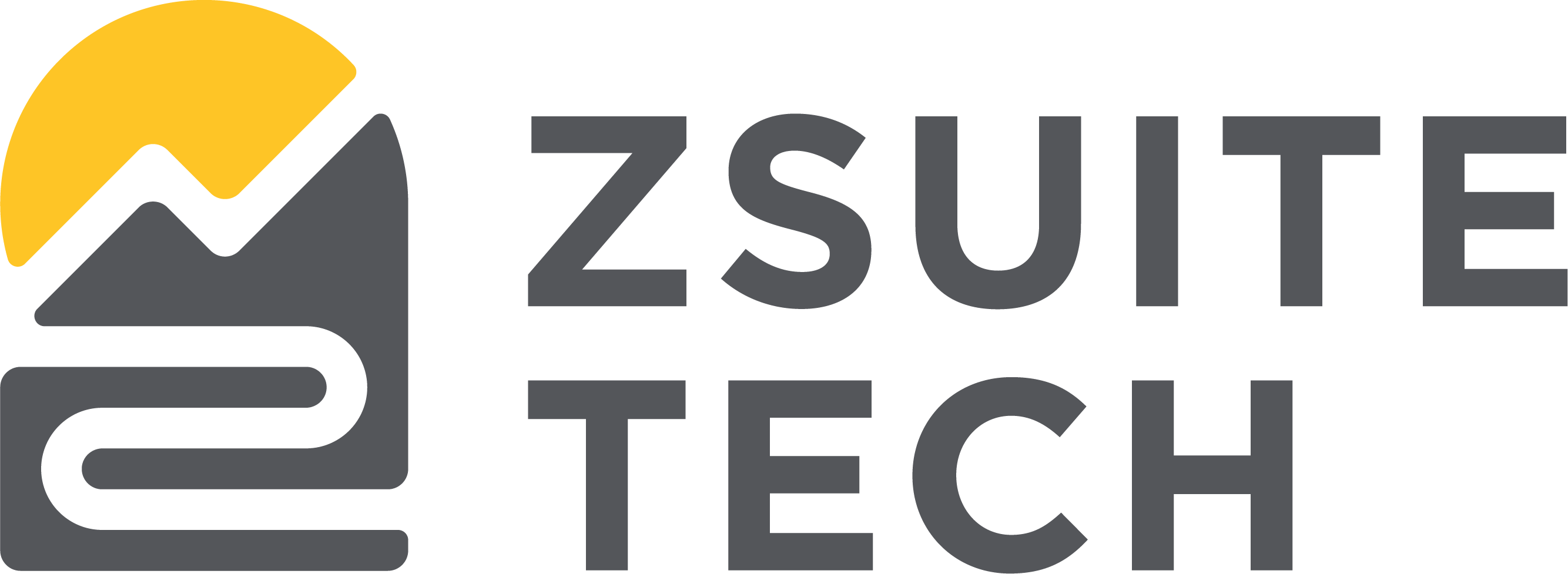The Digital Escrow Opportunity for Community Banks
by @dm1n4ZST on Feb 17, 2021 8:54:00 AM
Driven by increasing consumer demand and heightened competition, community banks have evolved at an amazing pace. This transformation was further accelerated by the pandemic as institutions quickly developed and deployed new digital tools and services in an effort to provide customers an engaging and interactive experience regardless of their location or preferred mobile device. To date, much of the focus for community banks has been on the retail side of the business, while commercial accounts continue to rely on dated, often manual processes. To ensure future success, drive growth and gain wallet share, community banks must begin to automate processes while deploying self-service, digital tools, and offerings designed for commercial account holders.
Commercial escrow accounts can be a pivotal tool for growth. Escrow accounts are created when a trustee is holding someone else’s money, typically referred to as a beneficiary, for a specific purpose. Additionally, sub-accounts are typically grouped with escrow accounts and occur when an entity wants to set aside some of their own funds for specific purposes without opening up new individual accounts but still need separate statements. There are two major reasons focusing on these types of accounts will reap big rewards for community banks.
First, commercial escrow deposits are typically low-cost and very sticky. Since the entity managing the escrow accounts usually does not get the benefit of the interest, these deposits are far less rate-sensitive than others. Though turnover will remain present in individual escrow accounts, there will always be new ones replacing those turning over. The entities that need escrow accounts are in business lines that have a constant need for these types of accounts.
Second, commercial escrow accounts are used by businesses and organizations that are often listed as the most desirable to banks, such as law firms, municipalities, and property managers. The escrow deposits are great, but strengthening and building the relationship is even better. These businesses have lots of other deposits and lending needs, and are well connected in the community, which can be great for word of mouth and referrals.
Clearly, commercial escrow accounts provide great benefits to a bank. But how can banks attract more of them? Escrow accounts are a pain to manage through most solutions available in the marketplace for banks, trustees, and beneficiaries. The pain comes from two angles: compliance and logistics.
On the compliance side, the typical banking compliance has to be followed. But because there are two unrelated parties associated with one account, there is a lot of additional complexity and follow-up needed to get everything from those who need to fill out forms, to go through IDV processes, complete OFAC checks and more.
Outside of banking regulations, many government bodies have passed different laws and industries have set a specific standard for operating procedures to protect the trustee of the funds from abusing the beneficiary. These vary by city, county, state, and industry. This adds an entirely new layer of complexity. For example, sometimes all of the interest has to go to the beneficiary, while other times, it is split between the trustee and beneficiary. For others, there are specific rules on how long an escrow account can be opened. In other situations, there are specific reporting requirements to the state, and all of the interest needs to be sent there. The complexity goes on and on, with every state applying different rules.
On the logistics side, complying with all of these rules and regulations is a daunting task. To make it more difficult, after complying, there are the other pieces of logistics such as tracking down signed paperwork, getting statements produced for the trustee, ensuring statements have been broken down for different beneficiaries, delivering statements to beneficiaries, creating easy ways to fund these accounts, managing different interest rates for different subaccounts, setting up online access for the different parties involved and more. It is no wonder that community banks generally stay out of the commercial escrow business and leave it to the larger regional and national banks who have armies of people running all of these logistics in the background through largely manual processes.
It doesn’t have to be this hard. With the advent of modern software-as-a-service (SaaS) technology and API-driven infrastructure, access, logistics, and compliance can be largely driven through software and accessible on any web-based browser and APIs. Though it is complicated, it is nothing that software built by people who are 100% focused on commercial escrow accounts for banks can’t handle. ZSuite builds digital escrow products for specific commercial verticals that banks can offer to their clients. Our digital escrow software is simple to use and easy to implement for both the bank and the client, and offers built-in workflows to facilitate compliance on the banking side as well as on the client-side.
Growing commercial escrow deposits is great for your bank. By cultivating these accounts in a way that is more efficient for employees and clients, community financial institutions can offer an unexpected value that will help capture the whole banking relationship with those clients.
Sign Up for our Blog
- Press (53)
- Commercial banking (16)
- Deposits (14)
- Partnerships (12)
- 1031 Exchanges (9)
- ZEscrow (9)
- Bank tech (8)
- Specialty Deposits (8)
- ZValues (6)
- Property Management (5)
- VAM (4)
- Law Firms (3)
- Liquidity Management (3)
- Municipalities (3)
- Working smart (3)
- Podcast (2)
- Webinar (2)
- Builder, Banker, Hacker, Chief (1)
- FDIC Insurance (1)
- February 2026 (1)
- December 2025 (1)
- November 2025 (1)
- September 2025 (1)
- August 2025 (4)
- July 2025 (1)
- June 2025 (2)
- May 2025 (1)
- March 2025 (1)
- February 2025 (1)
- January 2025 (1)
- December 2024 (1)
- November 2024 (1)
- October 2024 (3)
- September 2024 (2)
- August 2024 (3)
- July 2024 (2)
- June 2024 (3)
- May 2024 (6)
- April 2024 (2)
- March 2024 (5)
- February 2024 (1)
- January 2024 (2)
- December 2023 (1)
- November 2023 (3)
- October 2023 (1)
- September 2023 (1)
- August 2023 (3)
- June 2023 (3)
- May 2023 (1)
- March 2023 (6)
- February 2023 (4)
- January 2023 (4)
- December 2022 (2)
- November 2022 (6)
- October 2022 (1)
- September 2022 (1)
- August 2022 (3)
- June 2022 (1)
- May 2022 (1)
- April 2022 (5)
- March 2022 (3)
- December 2021 (2)
- September 2021 (3)
- July 2021 (2)
- June 2021 (1)
- May 2021 (1)
- April 2021 (4)
- March 2021 (3)
- February 2021 (4)
- January 2021 (2)


